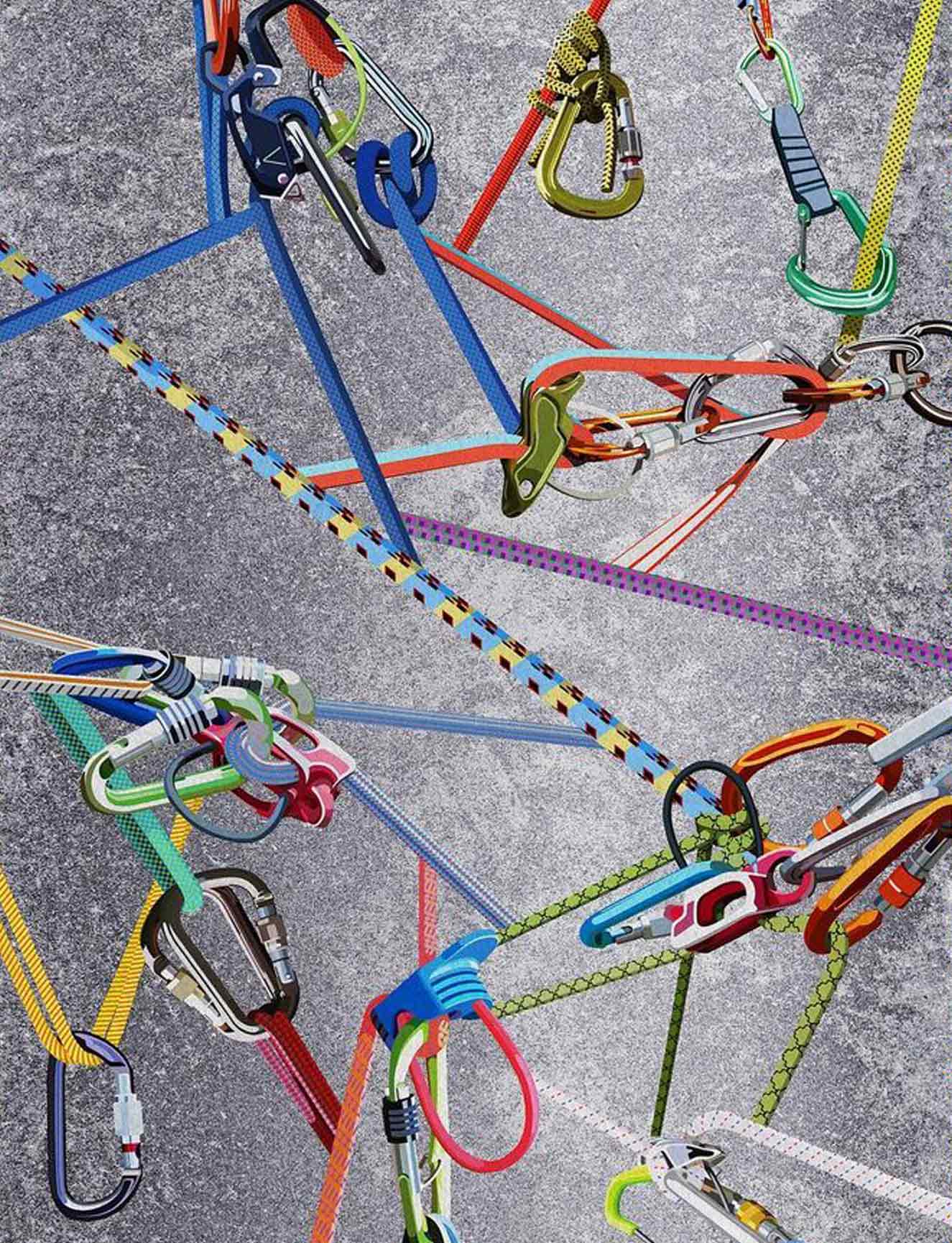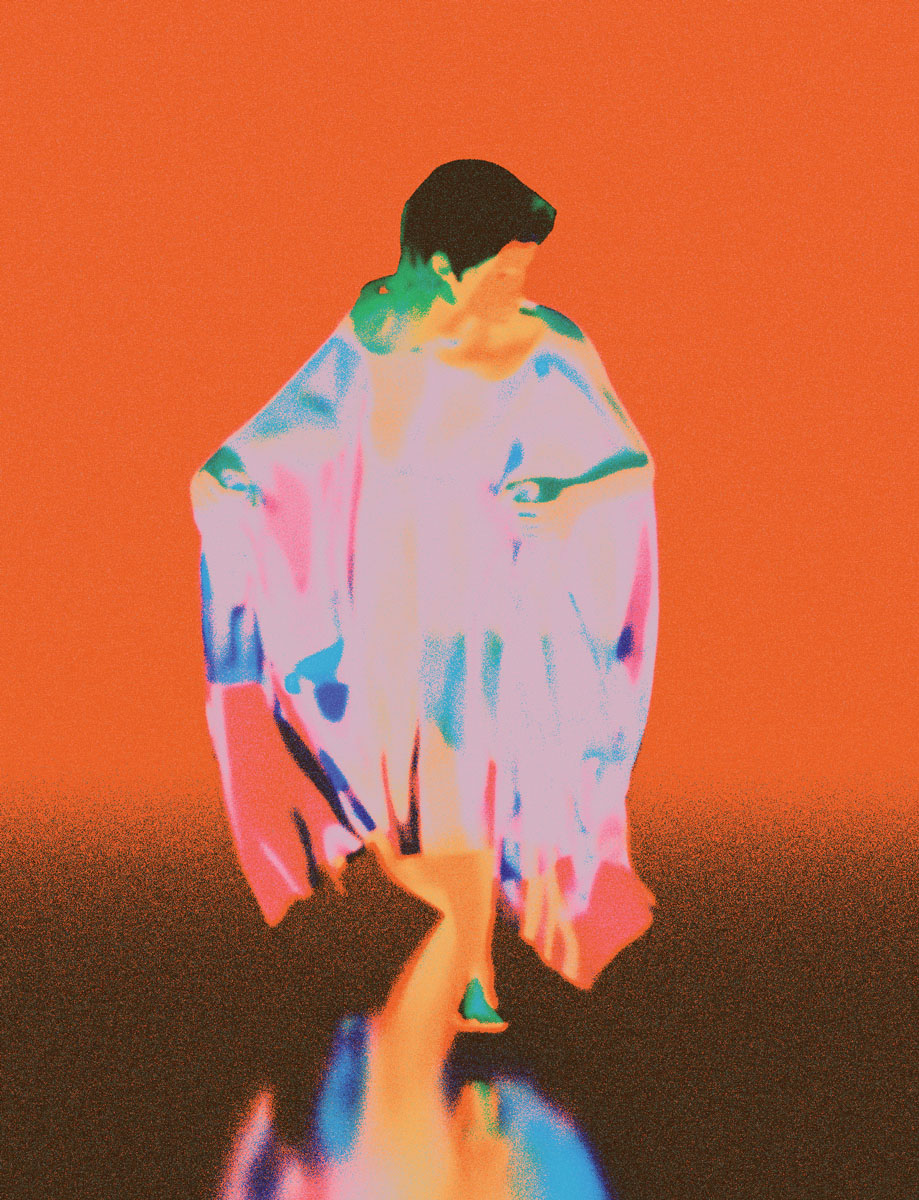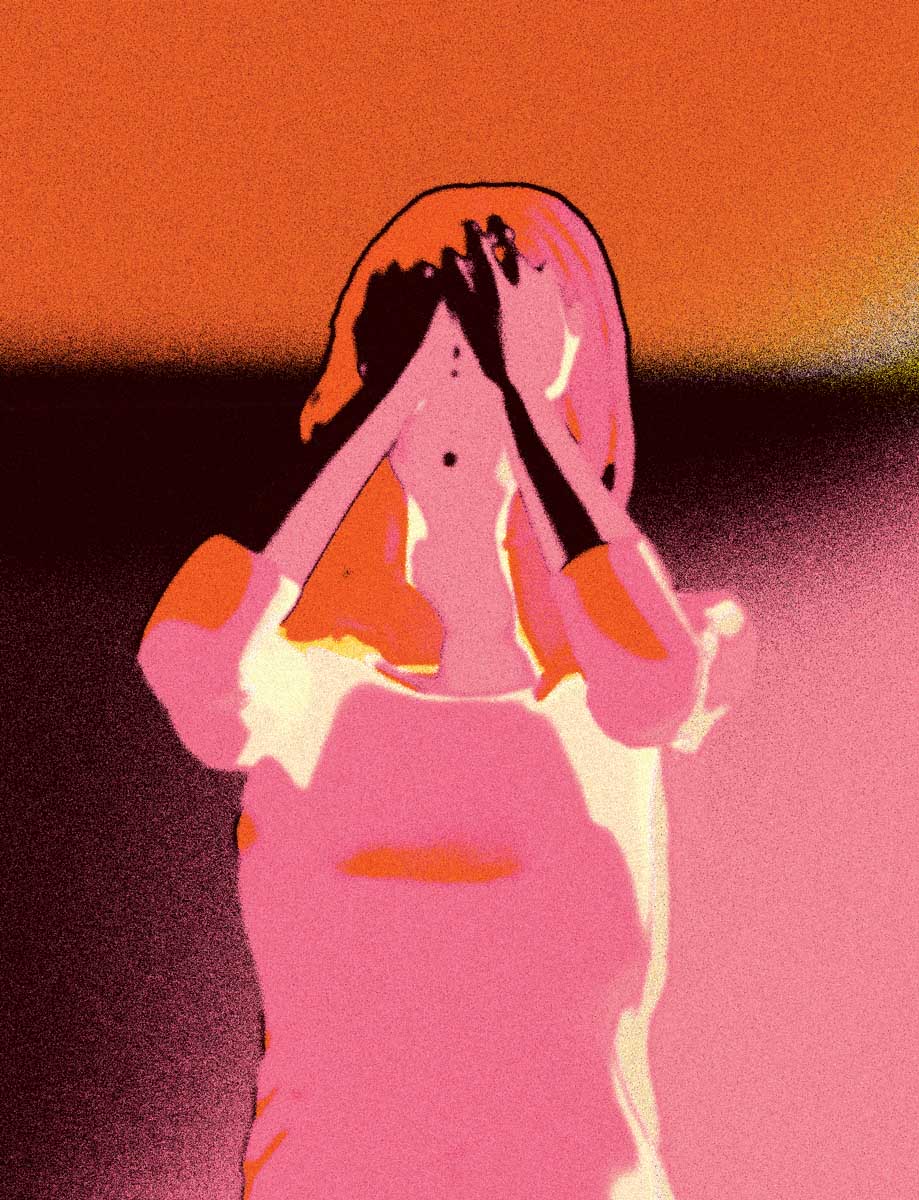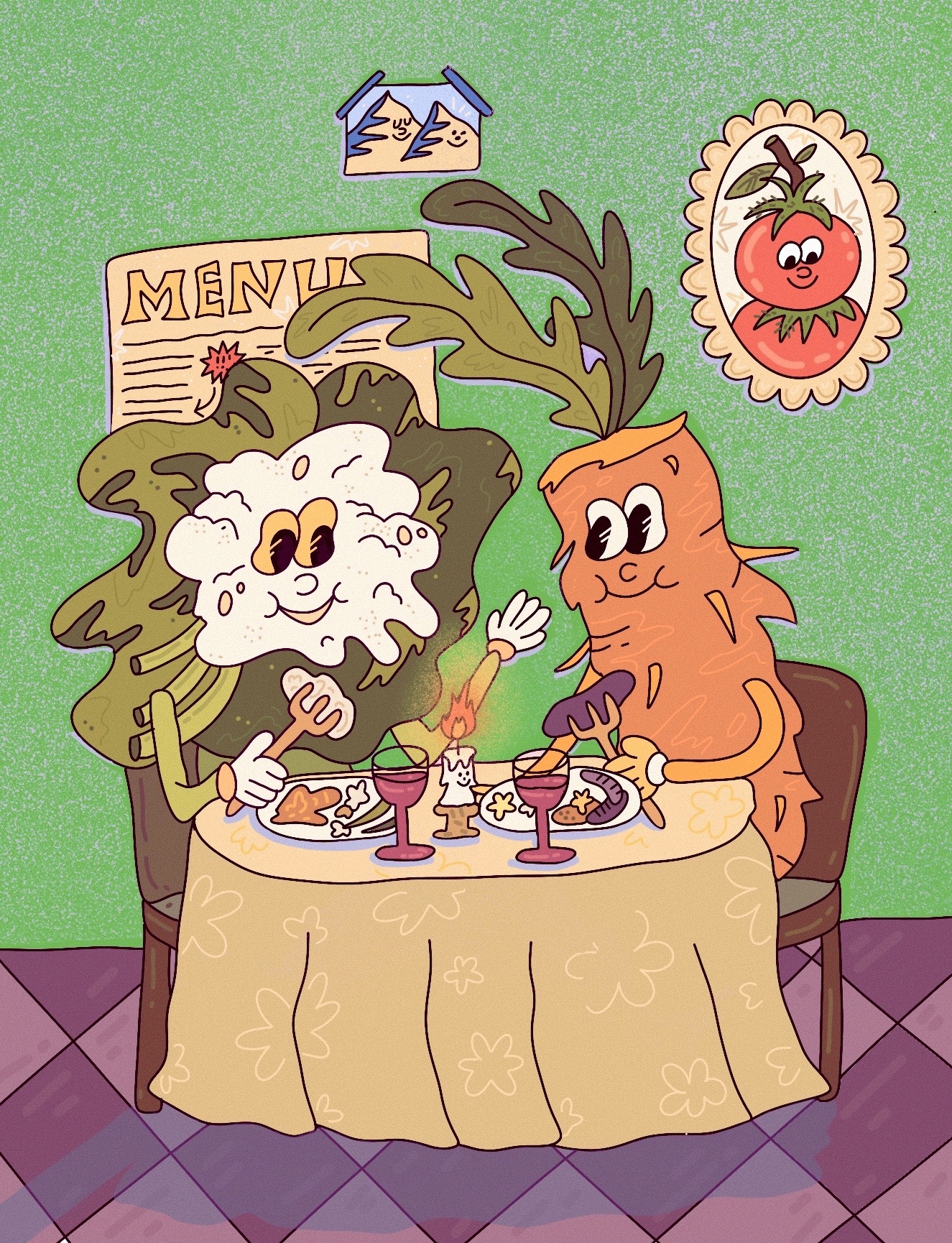A Step Back
Creatives were hit hard by the pandemic, with many in the music industry losing income instantly through cancelled gigs and closed venues, and those in wider creative industries finding their projects were put on hold due to uncertainty, with the knock-on effects of clients tightening budgets too. But it’s true also that for many creatives a year of successive lockdowns and restrictions has meant more time and energy to focus on their projects. “The biggest impact for me has actually been having more time for creative work than I did before,” Ross reflected. “Though working from home has felt pretty repetitive at times, I’ve secretly been quite grateful for the chance to really focus on projects now that so many other activities have been put on hold.”
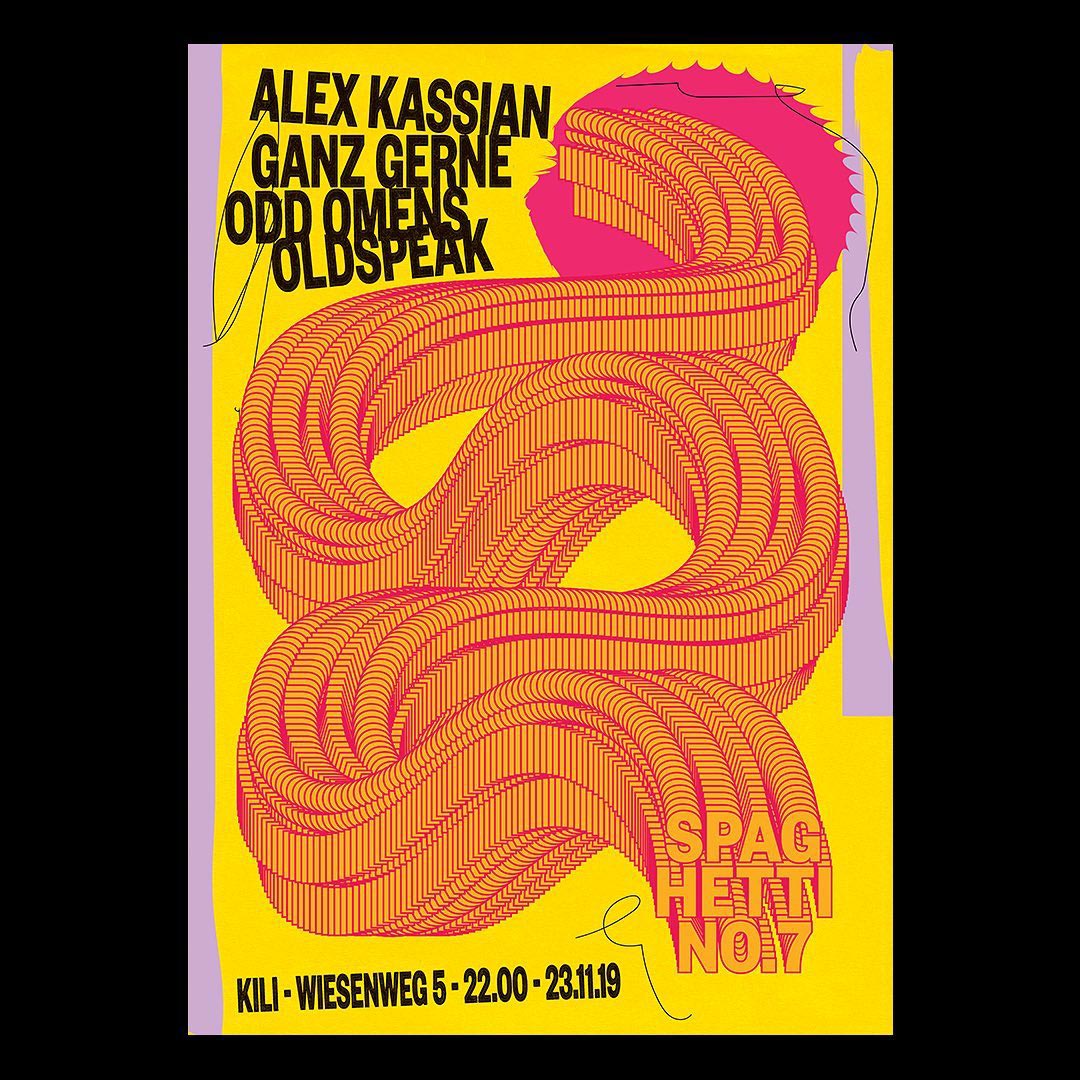
This resonated with Brindha too, who found that 2020 gave her time to reassess and recalibrate. “At the beginning, when we were in a full lockdown, I did have some real time to focus on my own work and it was really good for me,” she said. “In some way on a personal level those early restrictions made things straightforward, forcing me to take a step back from busy London life. This all allowed me to be really patient and clear in terms of the work that I wanted to put out.”
“I had a pile of ideas that had been written and sketched into my notebook that I’d never got around to doing, including the recent T-shirt design,” she continued. “This was the perfect time for me to explore these ideas with a clear perspective.”

But this year it’s been important also to be kind to yourself, and to not get too caught up in what you haven’t been able to achieve. “Despite having more time than usual, I’ve mostly been too busy with freelance work to start any self-initiated projects. At the beginning of the lockdown, I think I imagined using the additional time for all kinds of personal projects that I always wanted to explore but it hasn’t really panned out that way,” said Ross. “That being said, I think it’s been really easy to put too much pressure on yourself to achieve things during this period, it’s important to be realistic about what’s actually achievable.”
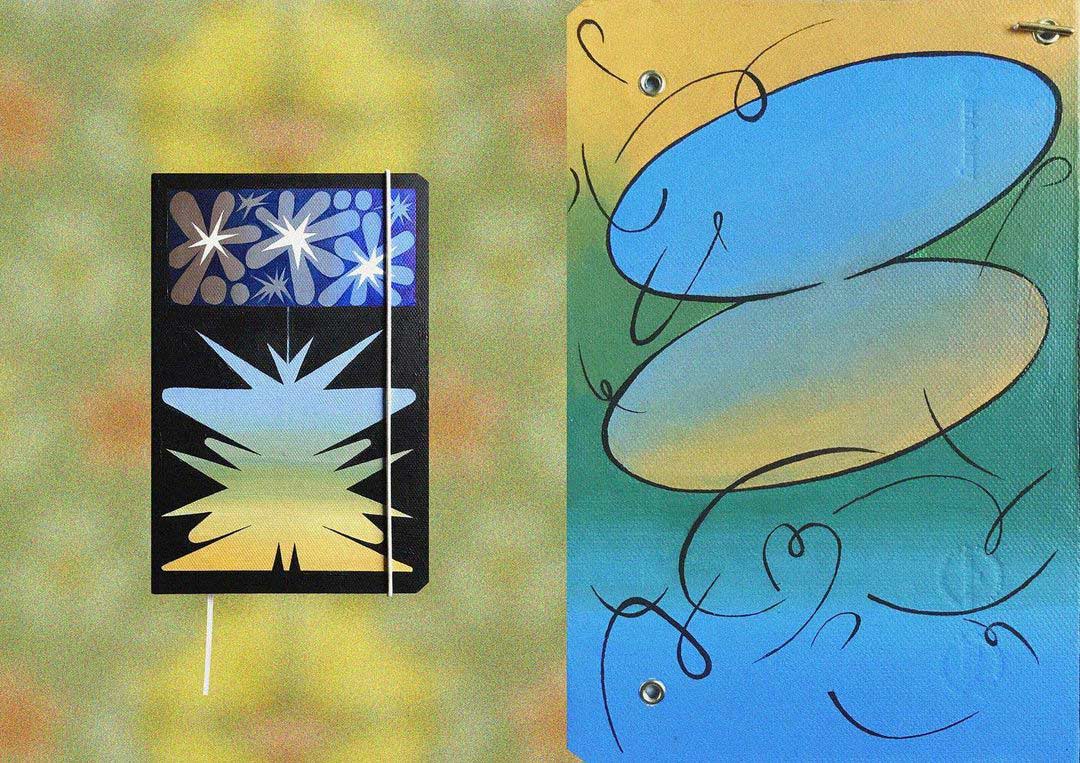
Branching Out
Across the board, 2020 was a year of change, with lifestyles and working practices dramatically upended. For Ross, this meant a big shift in the kind of work he was able to find, necessitating a move into the corporate world. “The biggest impact for me has definitely been the fact that there are no events taking place,” says Ross. “Prior to the first lockdown, the vast majority of my work was centred around live music events so I’m definitely feeling the absence of those. Happily, though, other opportunities have presented themselves. There’s been lots of new music released over the past year and I’ve had the chance to produce artwork for several new releases, which has been great.”
“I’ve also been taking on more corporate clients,” he continued. “I usually tend to focus on working for clients in the creative and entertainment industries because that is what I’m most passionate about, but I’ve branched out from this over the past year and that’s been really beneficial, particularly from a financial point of view.”
Branching out is often necessary
In Brindha’s case, she shifted from freelance work to a full time position at an agency. As she put it: “This has come with challenges, but it’s certainly pushed me professionally as well as stylistically due to the typically specific requirements of a commercial client. Branching out is often necessary in terms of your bread-and-butter, and in my case its taught me a degree of flexibility. Fortunately, I still work as an illustrator and am able to continue to do what I love.”
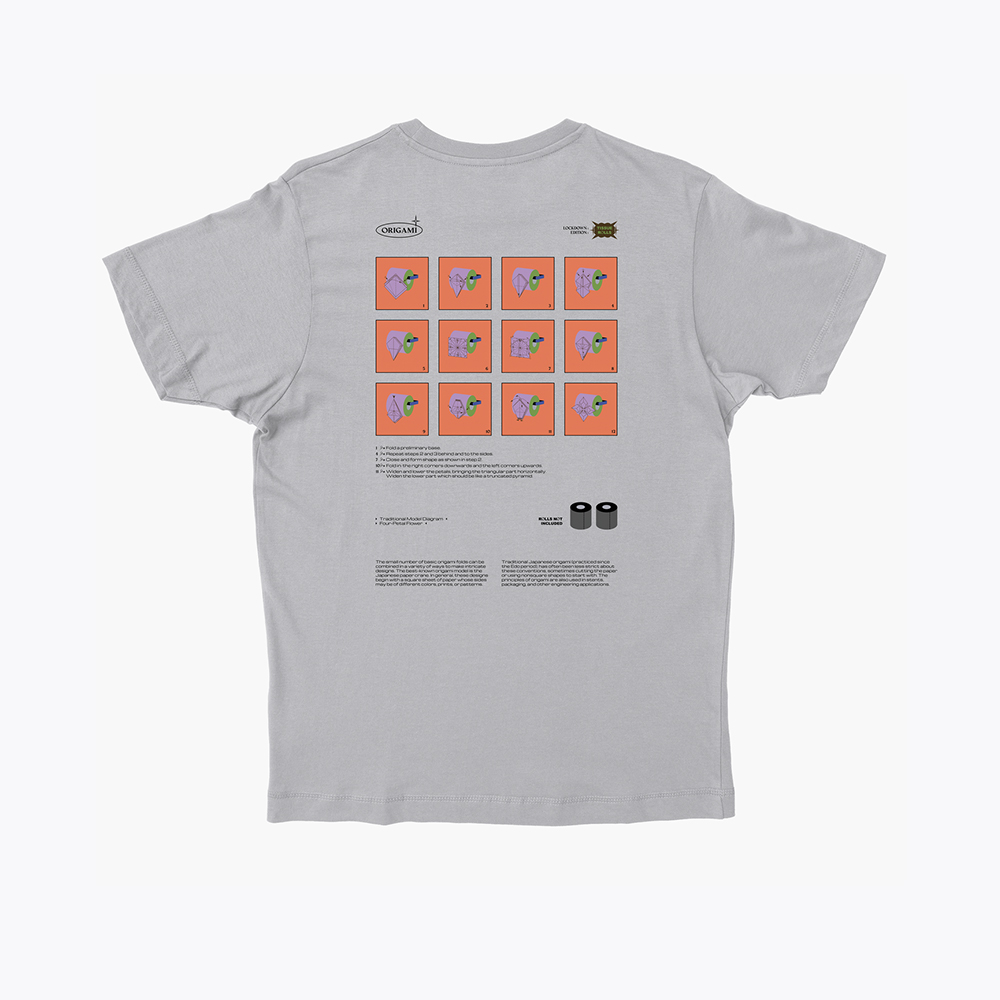
Set A Goal
Something Ross touched on was how difficult it can be to create a separation between work and the rest of your life; with no clear end to the working day it’s easy for projects to spiral. “One issue I’ve noticed is how easy it is to get wrapped up in what you’re doing and inadvertently end up working much longer hours than usual,” he said. “I think this is particularly likely when you’re working from the comfort of your own room, but I’d say this is something to be avoided.”
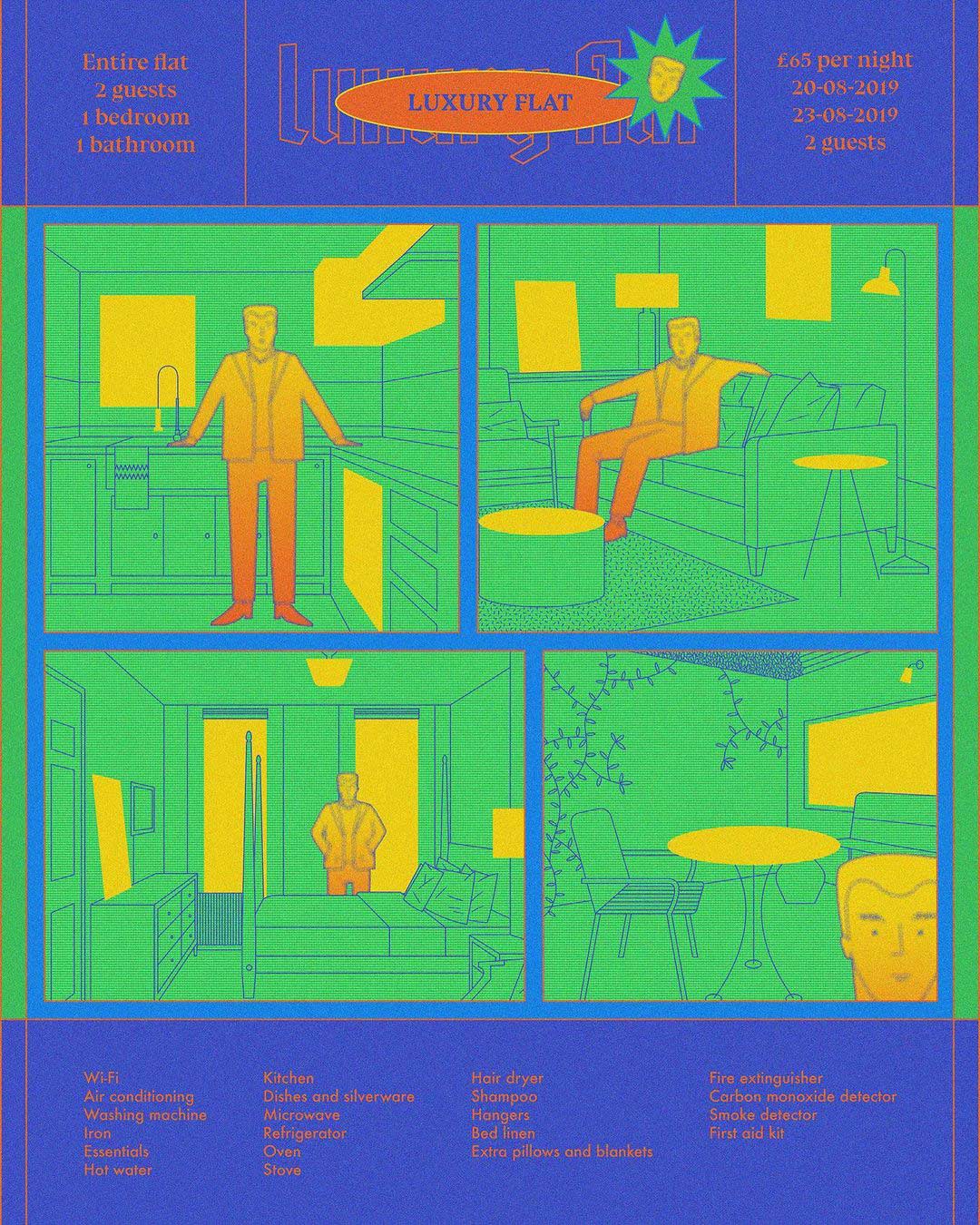
It’s a truism, but when it comes to working at home, and under your own guidance too, one of the best ways to keep on track is to map out some kind of structure to the day. This could mean only ever working in one room, setting mini deadlines across the day, or even just starting the day with a walk to help get your mind in the zone. For Brindha, it’s a case of setting out exactly what you want to do on a daily basis: “Set a goal for what you want to create each day. Having too much time on your hands, if there is such a thing, can make it hard to focus. I find setting clear daily goals is a good way to ensure your creativity is also productive.” Ross too finds breaking up the day by getting out and about key: “Getting out for walks and fresh air is really vital. I’m not always the best at doing this myself but when I do I definitely feel the benefit.”
Exploring Other Avenues
With so little outside stimulus, and so few diversions to break up the monotony of the day-to-day, many creatives have struggled to keep up their energy and enthusiasm for their art. For both Ross and Brindha, an anditote to this was to try and introduce some variety, both into their routine itself, and into their practice. Ross swears by exercise, which, even when it’s not outdoors, can help reset your body and mind too. “I would say that exercise has been pretty crucial, even if it’s just a simple work out at home, it can really help breakup the day and makes up for being more sedentary than usual,” he said.
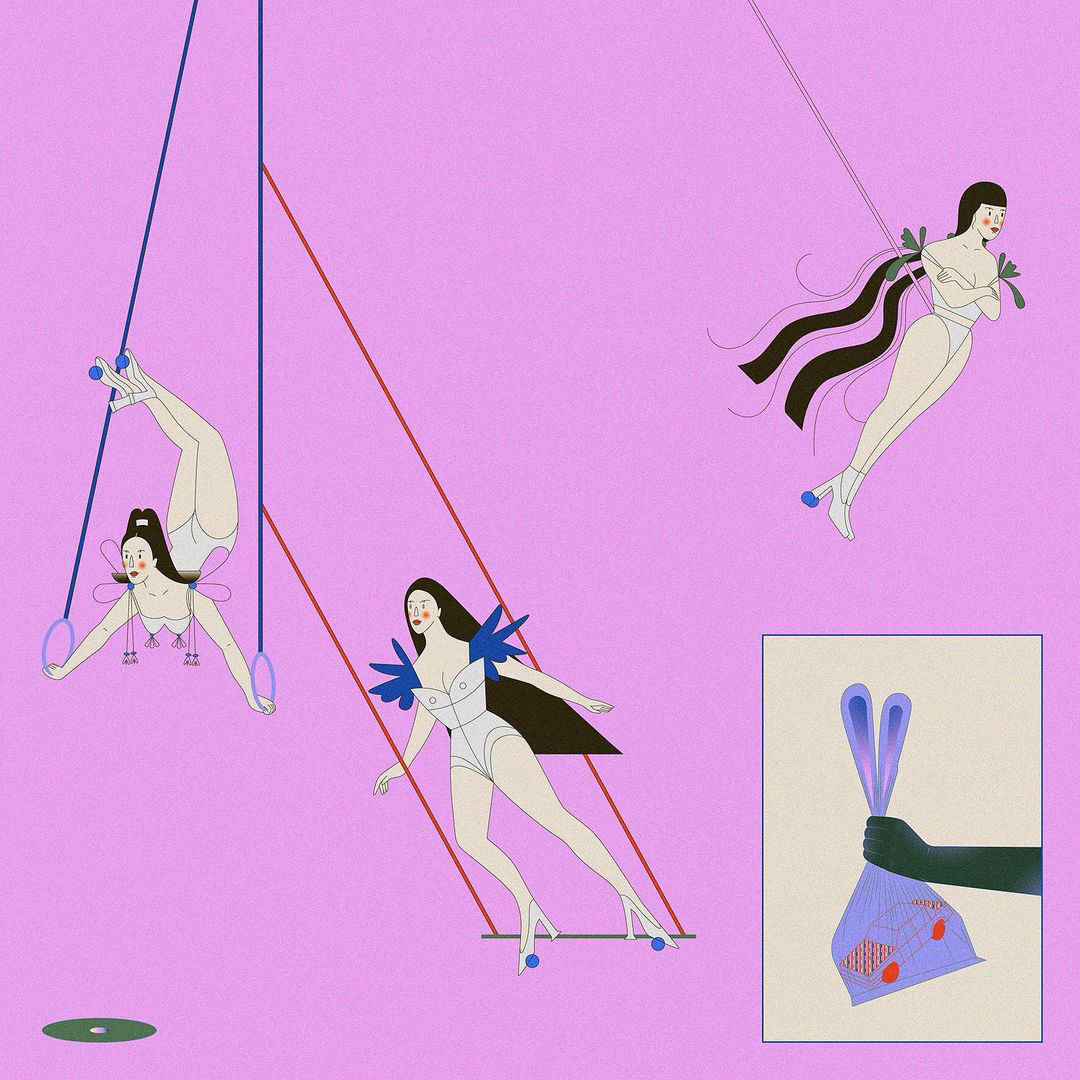
Brindha applies this logic to her work too, reasoning that with so much focus now just spent on work and your home environment, a fresh perspective can come from broadening out your practice. “I’d really advise picking up a hobby,” she said. “In my case I started making ceramics, which I found to be therapeutic and it has even ended up driving me to explore new avenues in my work.”
I’d really advise picking up a hobby
That goes too for the kind of tasks and life admin that’s so easy to put aside. Though they’re not exactly the most exciting way to spend your time, half a day spent getting your tax return together, or drawing up a new invoice system, can help clear your mind, as well as setting you up for busier times. “It sounds boring, but now that you’ve got the time, start organizing and sorting out the things you’ve been avoiding,” says Brindha. “You want to be able to hit the ground running with a clear mind, when the time comes!”

The Horizon
Both Brindha and Ross see 2020 as a formative year, one that will have long and ongoing effects on their industries. “When the dust settles, it’s likely that this will reshape our world somewhat, and I can’t see why that won’t also be the case for the creative landscape,” Brindha said. “If anything, I think it will further aggravate trends that are already occurring. Take the fact that with employees working from home, more industries are closing their physical offices and therefore cutting their costs. In many cases these savings are likely going to be allocated to increasing an online presence, and that online presence will have vast creative requirements.”
A sentiment that Ross, though he struck a slightly more pessimistic note, shared too. “It’s really sad to see that some people are being forced to give up work that they loved because of the pandemic. The music industry is a particularly good example of this because with venues forced to close there are countless jobs that simply no longer exist, at least for as long as lockdowns remain in place,” he said. “That being said, I think the past year has also given a lot of people time to think about what they really want from their lives and their careers. Some people have ultimately realised that they weren’t really happy with the way they were doing things pre-Covid and so they’ve decided to make a change which may ultimately prove to be much more rewarding in the long run.”
Read More: State of Play: The Music Industry



